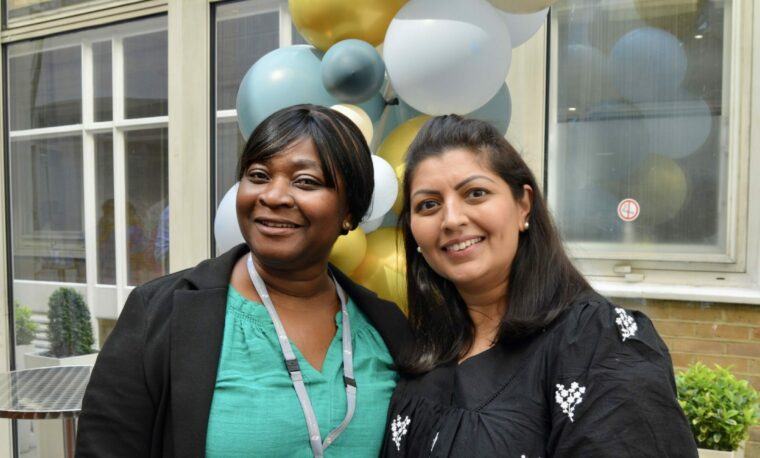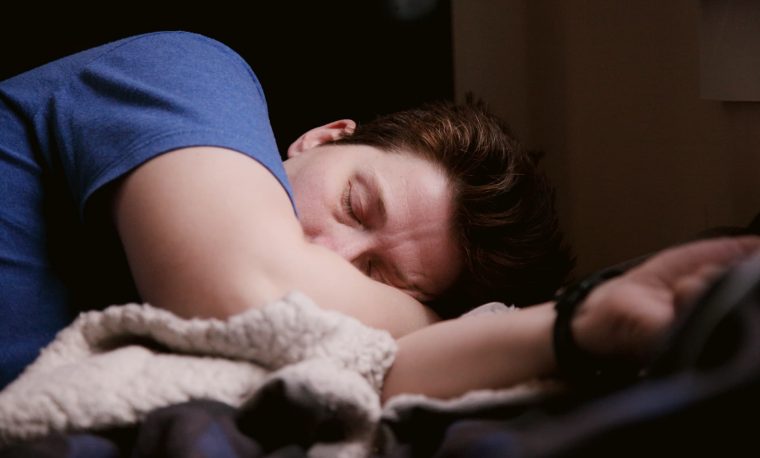Mood disorders
Mood disorders refer to a broad range of conditions in which disturbance of mood is the central feature. Types of mood disorders include depression, bipolar disorders, seasonal affective disorder (SAD) and self-harm.
Mood changes are a natural human experience and will occur as a normal reaction to a variety of different situations and feelings.
However, mood disorders are more intense and harder to manage. People with mood disorders will find their emotional state distorted or inconsistent with their circumstances. Sufferers can feel incredibly low, empty or irritated (depressed), alternated with feelings of euphoria (mania). Often, their emotions will impact their day-to-day lives.
Mood disorders may increase the risk of suicide, therefore if you feel your moods and feelings are causing you problems, you should seek treatment.
With professional support, sufferers from a range of mood disorders can effectively manage their condition and lead fulfilled lives.
Signs and symptoms of mood disorders
- Elongated periods of feeling sad, empty or anxious
- Low self-esteem
- Feel like your emotions are interfering with your work, family and social life
- Mood swings
- Loss of interest in hobbies or things you enjoy
- Sexual dysfunction
- Decreased energy
What causes mood disorders?
The cause of mood disorders are generally thought to be:
- Chemical imbalances in the brain
- Genetics
- Major life events or trauma
Treatment for mood disorders
Treatment for mood disorders at Nightingale Hospital can take place as an outpatient, day patient or inpatient. We have the expertise to approach the support and treatment we offer you for your mood problems in a personal and flexible way to benefit you the most in your recovery.
Our approach to treating mood disorders combines individual programmes with therapies that are based on current clinical evidence.
There are two types of treatment available for mood disorders:
Talking therapies
Counselling would enable you to talk about your moods and feelings and identify goals with an objective person.
- Cognitive Behavioural Therapy helps people develop coping skills and focus on immediate problems and manageable changes and dynamic therapies can be helpful if you find it difficult to get on with other people.
- Family Therapy and Mindfulness can also support these therapies.
Medication
Medication can be effective for mood disorders by helping depressive feelings, stabilise mood and elevate high anxiety levels or psychotic thoughts if present.
Mood disorder specialists at Nightingale Hospital
Nightingale Hospital London has a number of consultant psychiatrists and therapists that can help you through your mood disorder. It is vital you find a mood disorder specialist that you can trust and work with on your recovery. If you cannot find the information you need on mood disorder specialists or mood disorder treatment programmes, feel free to contact us for more information.








